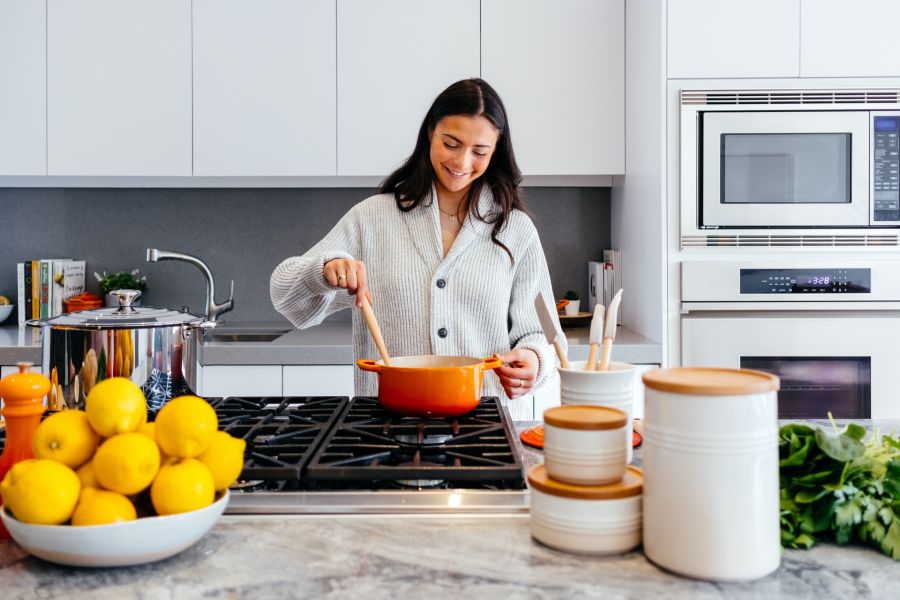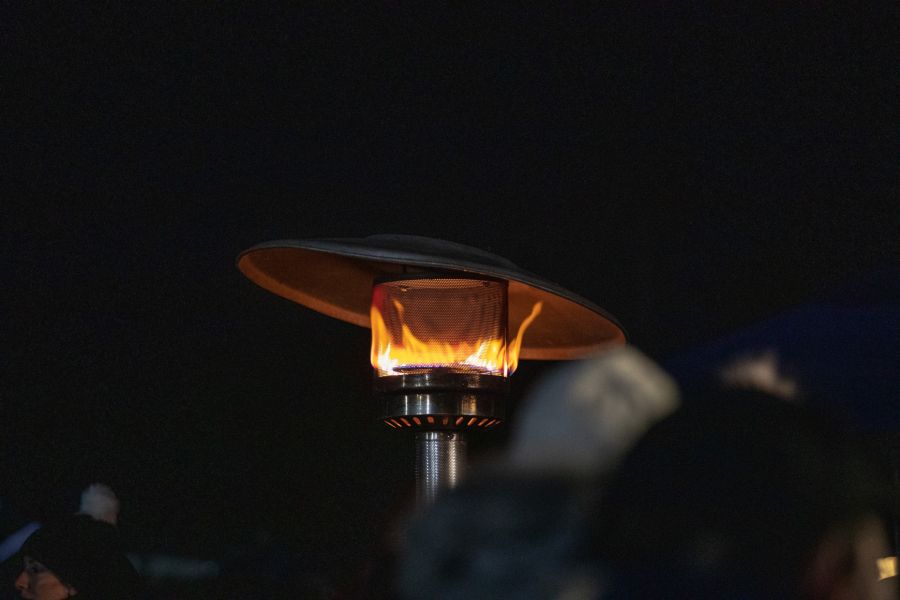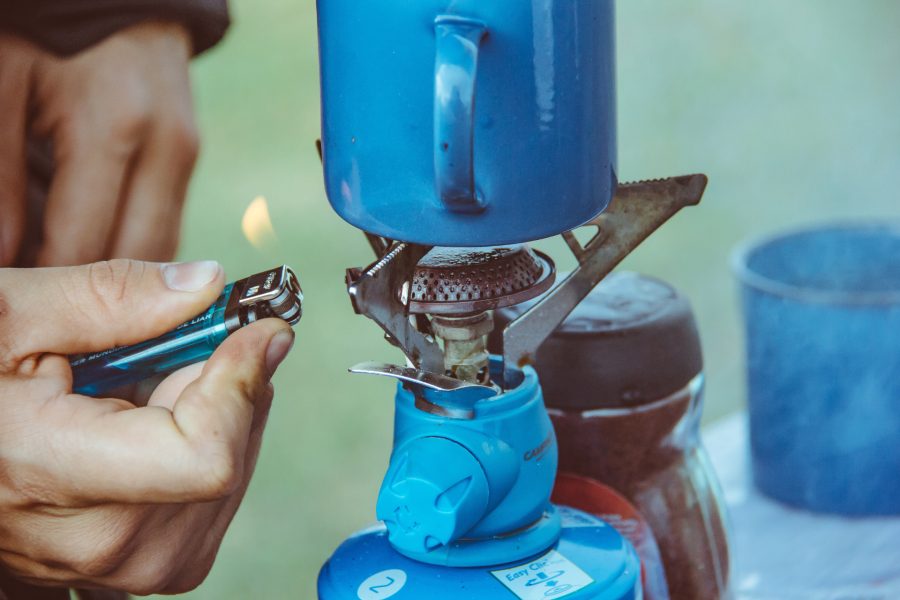About Shell Gas
SWC – Service With Care

Shell Gas
At Shell Gas (LPG) we are passionate about energy and our customers. We pride ourselves in providing a cleaner burning fuel, and through our expertise and advanced technology, continually strive to deliver better, safer and more reliable ways to meet your energy needs.
LPG is very versatile and can be used both inside and outside your home, for heating, hot water, cooking and swimming pools.
Cooking

LPG is the ideal fuel for cooking because it provides instant heat and you can control the temperature easily. It burns completely, without soot build-up, so your pans won’t need as much cleaning.
Heating and Hot Water

LPG can be used throughout your home for your central heating system, flame effect fire and hot water. With this versatility you’ll be able to relax in warmth and comfort even in the colder winter months.
Outdoor Applications

In addition to hot water, gas fires, central heating and cooking, LPG from Shell can even be used outdoors for patio heaters, BBQ’s and to heat swimming pools.
The Nature of LPG
LPG has been formed over millions of years beneath the ground. Gas rigs produce the gases as a mixture, which is then separated into methane (mains gas), liquefied petroleum gases (Propane and Butane) and other gases.
LPG is also produced from crude oil at refineries.
LPG exists as a gas at normal atmospheric pressure, only existing in a liquid form at very low temperatures or under pressure. When the pressure is released (eg when the gas supply valve is turned on), the liquid will boil and form a vapour. It is this vapour (gas), which is used to fuel appliances.
Heat is needed to convert the liquid to gas, known as the latent heat of vapourisation. As the liquid boils, it takes heat energy from itself and its surroundings. This is why the containers feel cold to the touch and if there is heavy gas off take, frost may appear on the outside.
Pressure increases with temperature, so if the temperature around the tank increases, so will the pressure inside the tank as the liquid expands. Tanks are normally fitted with a pressure release valve to release any extreme pressure build up safely.
LPG vapour is heavier than air, which has important safety implications. Any leakage will sink to the ground and accumulate in low lying areas and may be difficult to disperse, so LPG should never be stored or used in cellars or basements.
Like mains gas, LPG has no smell and so a strong “stanching” agent is added before delivery to help detection of any leaks. LPG is flammable in air and although non-toxic, large quantities could cause suffocation.
LPG is a high performance fuel, but will only ignite if mixed with air in a gas: air ratio of between 1:50 and 1:10 (lower than the limit for mains gas). The low limit for flammability means that even small leaks could have serious results.
The ignition temperature of LPG in air is around 500ºC – lower than that of mains gas but actually requiring more energy to cause ignition. This means that some gas lighters may not work with LPG.
The calorific value of LPG is about 2.5 times higher than that of mains gas so more heat is produced from the same volume of gas.
LPG is chemically reactive and will cause natural rubber and some plastics to deteriorate. Only equipment and fittings specifically designed for LPG should be used.
There are two types of LPG – Propane and Butane. They have similar properties but different applications. They are not interchangeable due to the different operating pressures and burner settings required. Valves and fittings are also different to avoid confusion or accidental use of the wrong type of LPG.
Propane has a lower boiling point than butane so it will continue to convert from a liquid to a gas even in very cold conditions, down to -45ºC. When stored as a liquid in a tank, it exerts a greater pressure than Butane at the same temperature. So Propane, as an LPG, is most suitable for exterior storage and use.
Its ability to operate in low temperatures makes it the most suitable LPG for many applications. Propane is widely used as a fuel source for domestic and commercial heating, hot water and cooking. It also has a wide range of uses in industry and agriculture.
Butane has the lower vapour pressure at equivalent temperatures and is suitable for interior use or outside during the summer. Butane is a very common fuel amongst leisure users and owners of portable heaters. Propane and butane are normally stored in either portable steel cylinders or small bulk fixed storage tanks ready for use.
Fuel Comparison
• Lower appliance cost
• Burns cleanly without soot
• Appliances require less maintenance
• Flame temperature easily controlled
• Combustion is virtually odourless
• It’s cleaner
• Appliances operate quietly
• Convenient to deliver, store and use
• No need for pump or liquid head
• No containment area generally required around the vessel
• LPG produces very low sulphur emissions
• Ideally suited for cooking, flame effect fires, patio heaters and BBQs
• No energy waste
• Heat is instantly available
• Heat is instantly controlled
• More responsive for direct heating systems
• Reduced carbon emissions make LPG cleaner for a given energy output
• There’s more choice for domestic and commercial heating solutions
• Ideally suited for cooking, flame effect fires, patio heaters and BBQs
• Lower maintenance costs
• Heat is instantly available
• Heat is instantly controlled
• More reliable in continuous use
• Burns cleanly without soot and ash
• No day to day maintenance or manual labour
• There’s more choice for domestic heating solutions
• It’s more convenient to deliver store and use
• Ideally suited for cooking, flame effect fires, patio heaters and BBQs

